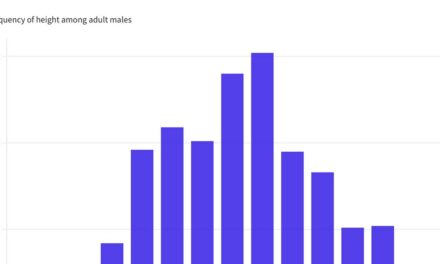
WEDNESDAY, Nov. 22, 2023 (HealthDay News) — Ten hours of acoustic stimulation improves postconcussive symptoms, but linking tones to brain electrical activity does not reduce symptoms more than random tones, according to a study published online Nov. 22 in the Annals of Clinical and Translational Neurology.
Wesley R. Cole, Ph.D., from the University of North Carolina in Chapel Hill, and colleagues randomly assigned 106 military service members, veterans, or their spouses with persistent symptoms (Neurobehavioral Symptom Inventory [NSI] Score ≥23) after mild traumatic brain injury three months to 10 years ago to receive 10 sessions of engineered tones linked to brainwaves (LB; intervention) or random engineered tones not linked to brainwaves (NL; sham control).
The researchers observed a reduction in NSI from 41.0 at baseline to 27.2 after, among all study participants, with gains largely sustained at three and six months (31.2 and 28.4, respectively). No significant differences were seen between the LB and NL groups. Patterns were similar for the posttraumatic stress disorder checklist for the Diagnostic and Statistical Manual of Mental Disorders fifth edition and for depression symptom severity. No difference was seen in heart rate variability between the groups.
“The results of this study do not suggest that in a primarily active duty group with postconcussive symptoms, listening to acoustic stimulation based on one’s own brain electrical activity reduces symptoms, or improves brain function or heart rate variability, more than randomly generated, computer engineered acoustic stimulation,” the authors write.
One author disclosed being employed by Brain State Technologies.




